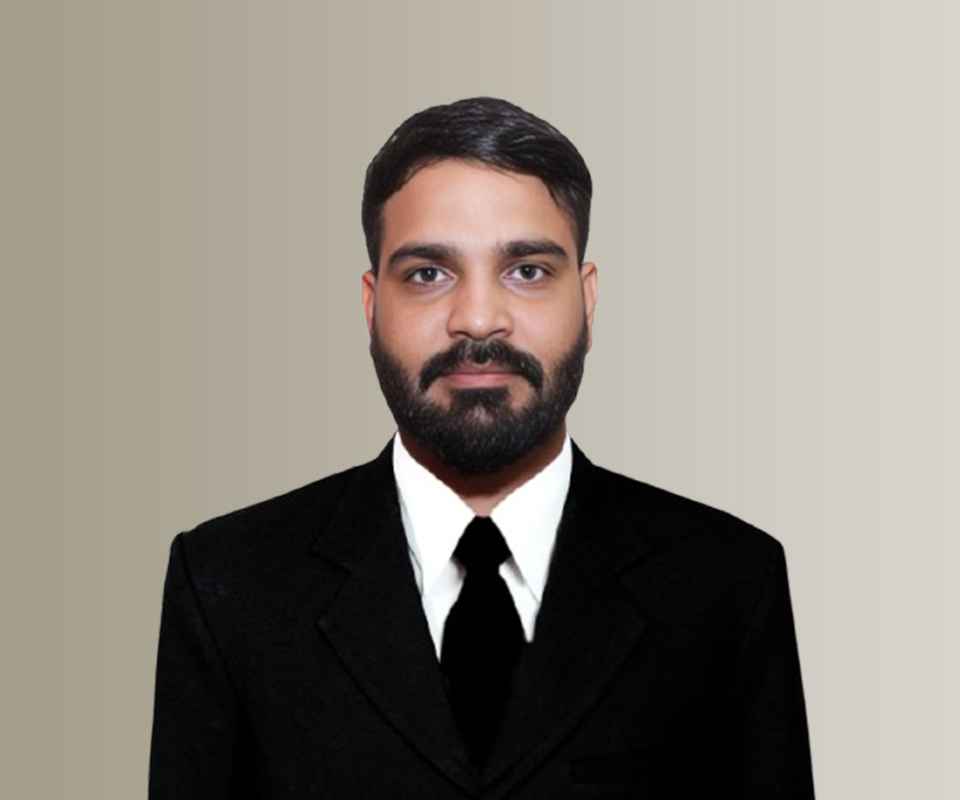Answer By law4u team
India and Germany share a strong and multifaceted relationship underpinned by numerous treaties and agreements in key areas such as trade, defense, technology, and environmental cooperation. The bilateral ties are not only focused on economic and strategic partnership but also emphasize collaboration in scientific research, education, and global sustainability. The growing relationship between the two countries reflects shared democratic values and a commitment to addressing global challenges, including climate change, regional security, and technological innovation.
Measures That Ensure Cooperation Through Treaty Obligations
Defense and Security Cooperation
India and Germany have signed agreements for defense cooperation, including exchanges on counterterrorism, joint military exercises, and the supply of defense equipment. Though Germany is not a major arms supplier, both countries collaborate on security issues like peacekeeping and humanitarian efforts.
Trade and Economic Cooperation
India and Germany have a Comprehensive Economic Cooperation Agreement (CECA), which facilitates bilateral trade and investment, particularly in sectors like automotive, engineering, information technology, and chemicals. The two nations aim to enhance economic exchanges and improve business environments.
Technology Transfer and Innovation
The India-Germany Strategic Partnership facilitates the transfer of technology, especially in renewable energy, automation, and industrial innovation. Germany is also a key partner in India’s smart cities initiative, providing expertise in sustainable urban planning and smart infrastructure.
Environmental and Climate Change Cooperation
Germany is an important partner in India’s efforts to address climate change. Both countries work under various frameworks to promote renewable energy technologies, such as solar power, and are strong proponents of the International Solar Alliance (ISA). Germany also contributes through green financing and technology transfers.
Education and Scientific Research Collaboration
India and Germany share agreements to enhance academic exchange programs, research collaboration, and joint scientific initiatives. The India-Germany Science and Technology Centre (IGSTC) promotes collaboration between universities and research institutes in both countries.
Cultural Diplomacy and People-to-People Ties
Cultural exchanges and educational collaboration play a key role in strengthening bilateral ties. The Goethe-Institut in India fosters German language learning, while Indian cultural festivals in Germany promote mutual understanding and awareness.
Space and Scientific Cooperation
India and Germany cooperate in space exploration and research, particularly in Earth observation and satellite technology. Both countries share knowledge through programs like the India-Germany Space Cooperation Agreement, focusing on scientific research and innovation.
Common Challenges and Areas of Sensitivity
Trade Imbalances
India’s trade with Germany is heavily skewed towards imports, especially in machinery and high-end industrial products. Both nations are working to balance this trade relationship by improving exports from India.
Intellectual Property Concerns
There have been concerns around the protection of intellectual property, particularly in technology and pharmaceutical sectors. Germany’s strong IP protection laws sometimes create challenges for Indian industries in areas like patenting and licensing.
Geopolitical Sensitivities
India and Germany sometimes navigate differences in their foreign policies, particularly regarding relations with other global powers like the United States, China, and Russia, which can influence their bilateral cooperation.
Legal Framework and Treaty Compliance
International Law and WTO Commitments
India and Germany, both WTO members, ensure that their trade and economic relations are compliant with global trade regulations, including tariffs, dispute resolution, and intellectual property norms.
Periodic Review and Updates
Treaties and agreements are regularly reviewed to reflect new opportunities for cooperation in emerging areas such as digital technologies, space, and cybersecurity.
Legislative and Executive Oversight
Treaty obligations between the two countries are subject to review and approval by the respective legislative bodies in both India and Germany to ensure that they align with each nation’s legal and policy frameworks.
Consumer Safety Tips (Adapted for Diplomatic and Legal Awareness)
- Stay informed on developments related to trade agreements, especially in sectors like technology, pharmaceuticals, and automotive.
- Keep track of updates in environmental cooperation, especially in areas related to renewable energy and climate change.
- Follow the progress of education exchange programs and research collaborations for opportunities in higher education and joint ventures.
- Be aware of intellectual property rights in international collaborations, especially if you're involved in technology or research fields.
Example
Suppose India and Germany sign a new agreement to jointly develop sustainable urban infrastructure in India, focusing on energy-efficient buildings and smart transportation systems.
Steps the governments should take:
- Finalize the terms of the agreement, including funding, technology sharing, and project management.
- Select pilot cities in India for the implementation of the urban infrastructure projects.
- Incorporate Indian and German companies specializing in green technologies and smart city solutions to collaborate on the implementation.
- Train local professionals in sustainable urban planning, green construction techniques, and smart technologies through workshops and seminars.
- Monitor and evaluate the success of the pilot projects, making adjustments to the model as needed for wider implementation.
- Promote the partnership through media and international conferences to demonstrate the benefits of such collaborations in sustainable urban development.







